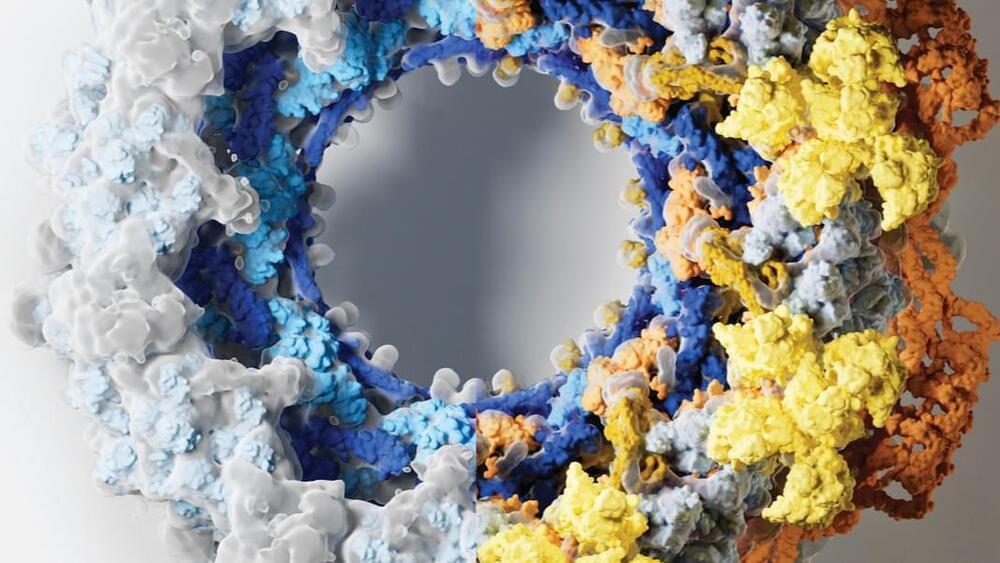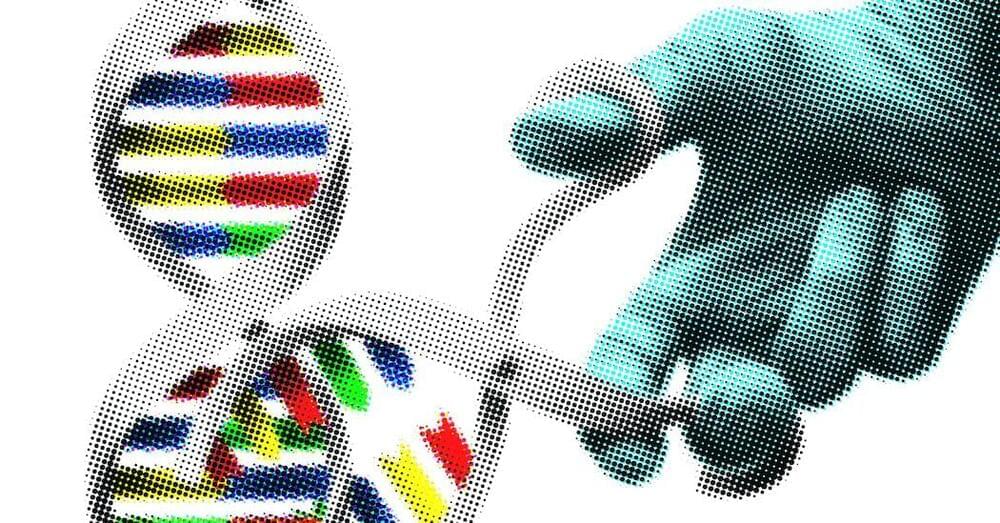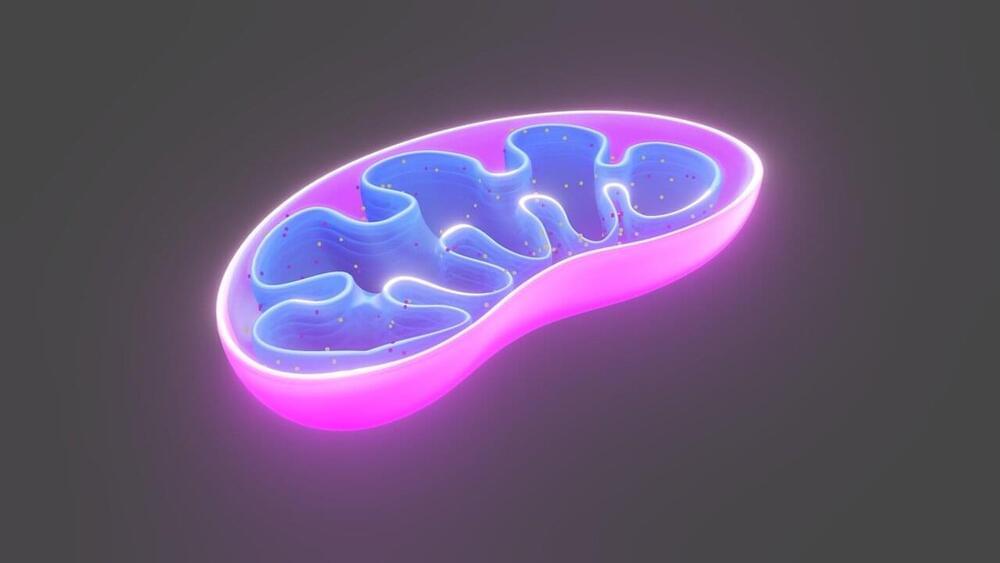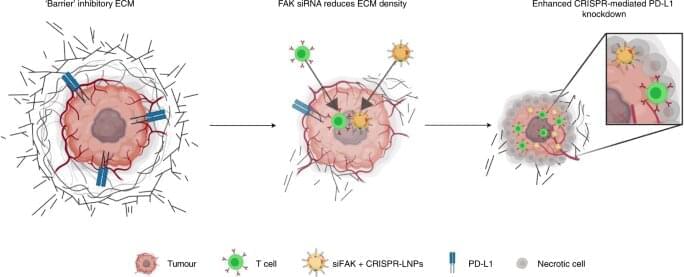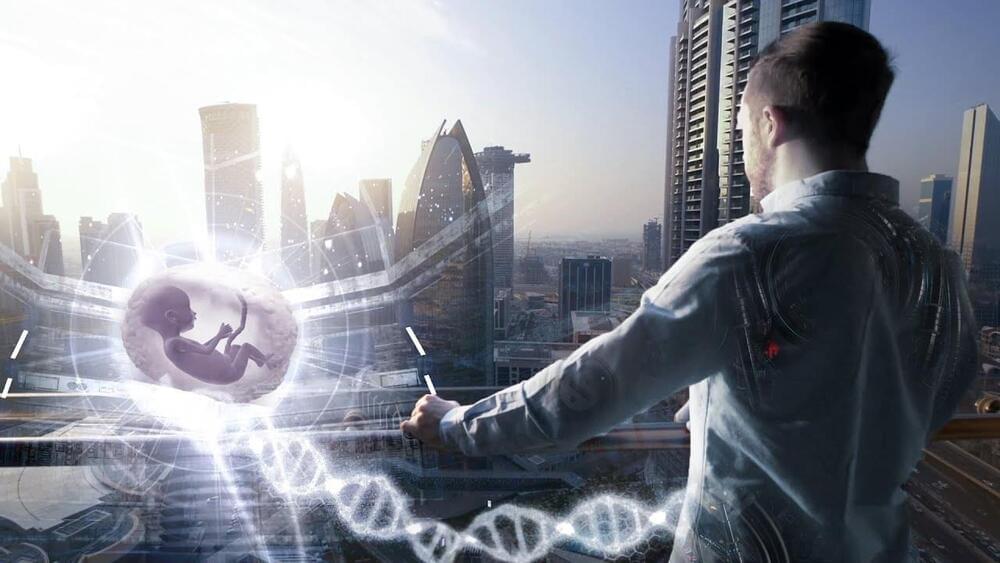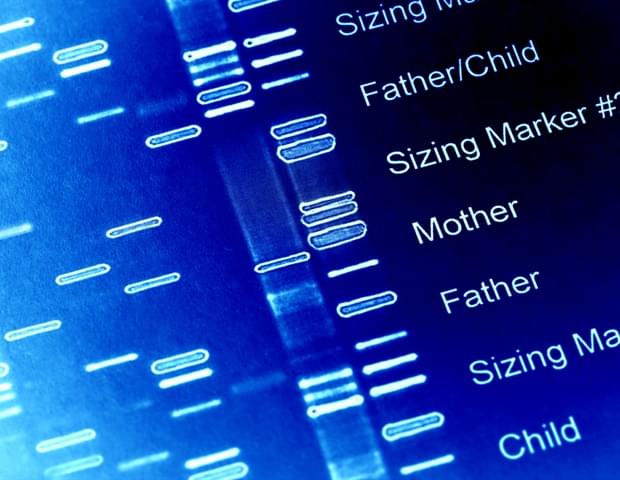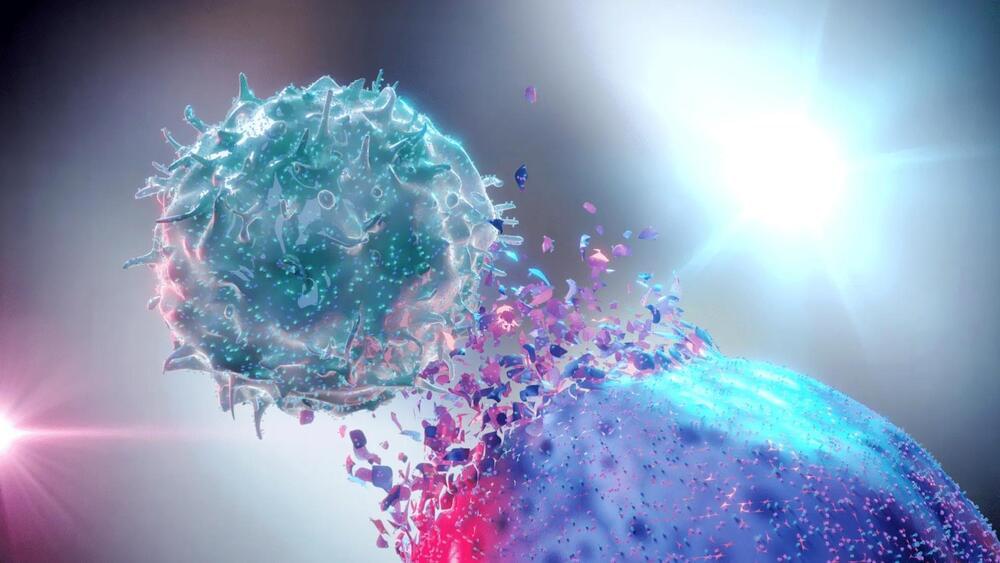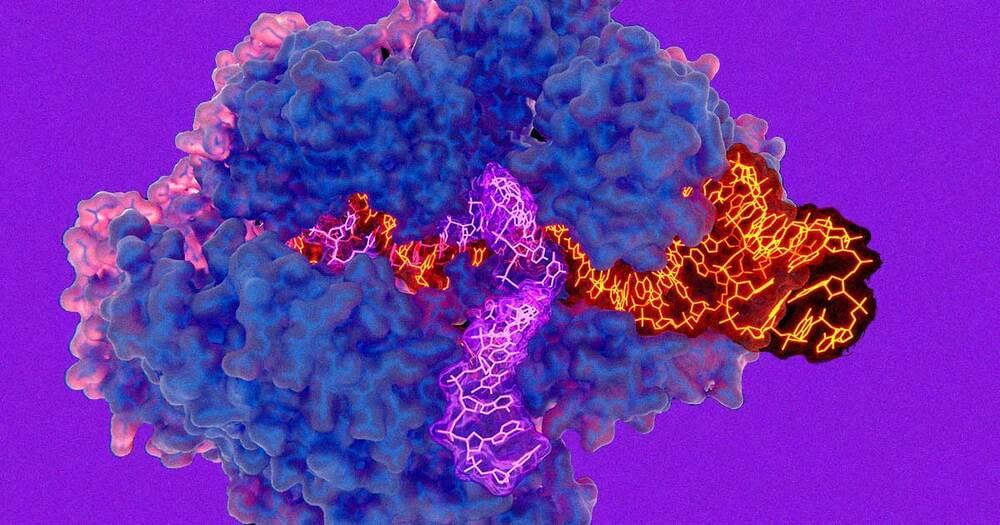Jun 28, 2022
In Its Greatest Biology Feat Yet, AI Unlocks the Complex Proteins Guarding Our DNA
Posted by Dan Breeden in categories: biotech/medical, genetics, information science, robotics/AI, security
Yet when faced with enormous protein complexes, AI faltered. Until now. In a mind-bending feat, a new algorithm deciphered the structure at the heart of inheritance—a massive complex of roughly 1,000 proteins that helps channel DNA instructions to the rest of the cell. The AI model is built on AlphaFold by DeepMind and RoseTTAfold from Dr. David Baker’s lab at the University of Washington, which were both released to the public to further experiment on.
Our genes are housed in a planet-like structure, dubbed the nucleus, for protection. The nucleus is a high-security castle: only specific molecules are allowed in and out to deliver DNA instructions to the outside world—for example, to protein-making factories in the cell that translate genetic instructions into proteins.
